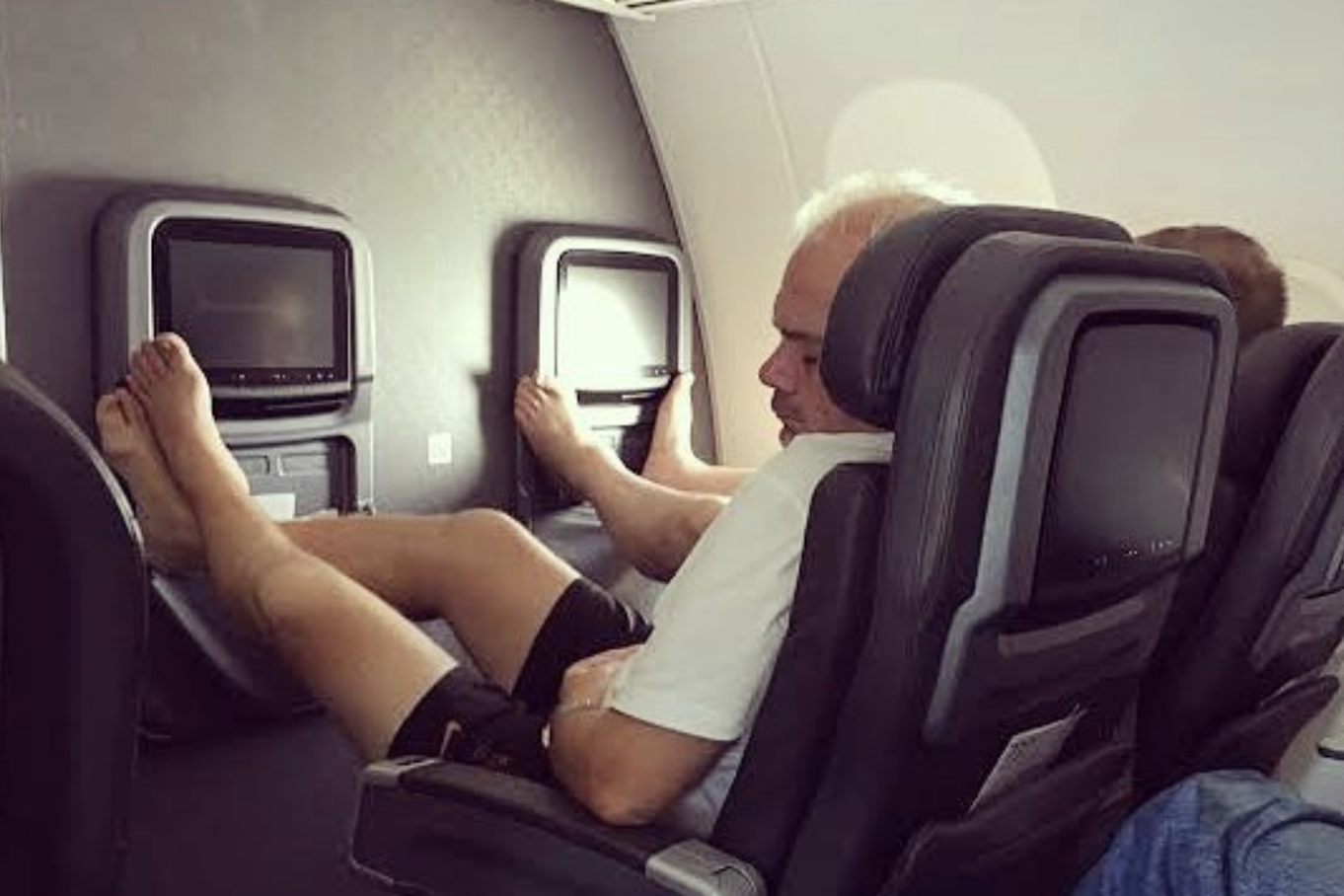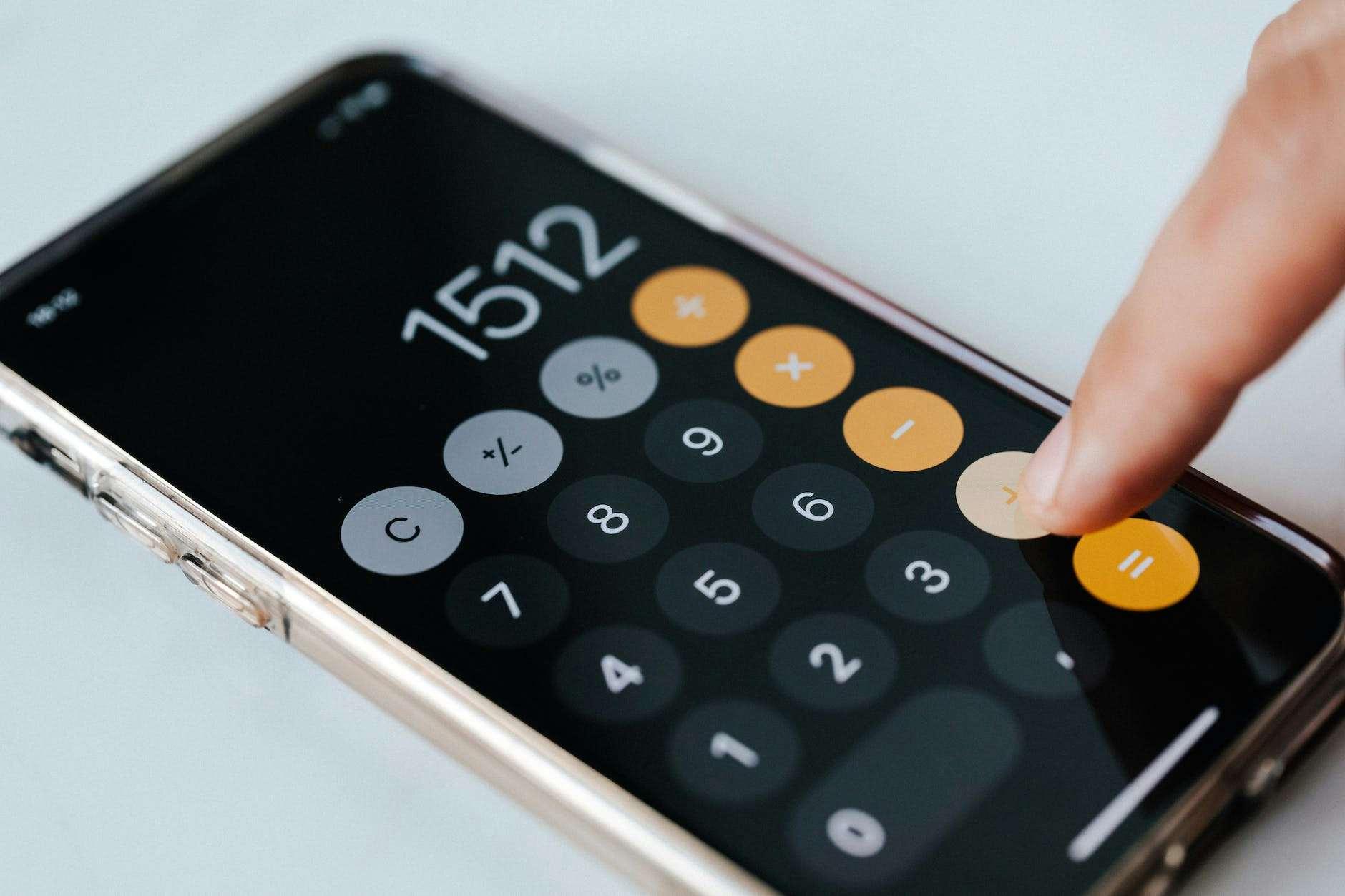
Premium Content
Private jet flyers are watching their spending and demanding more value as rising prices remain near record highs. Here's what you said.
June 11, 2025
If you want a program-by-program comparison of more than 500 products from over 80 companies, covering 65 points of differentiation and over 40,000 data points, we have organized it all into a single, easy-to-use and compare spreadsheet.

